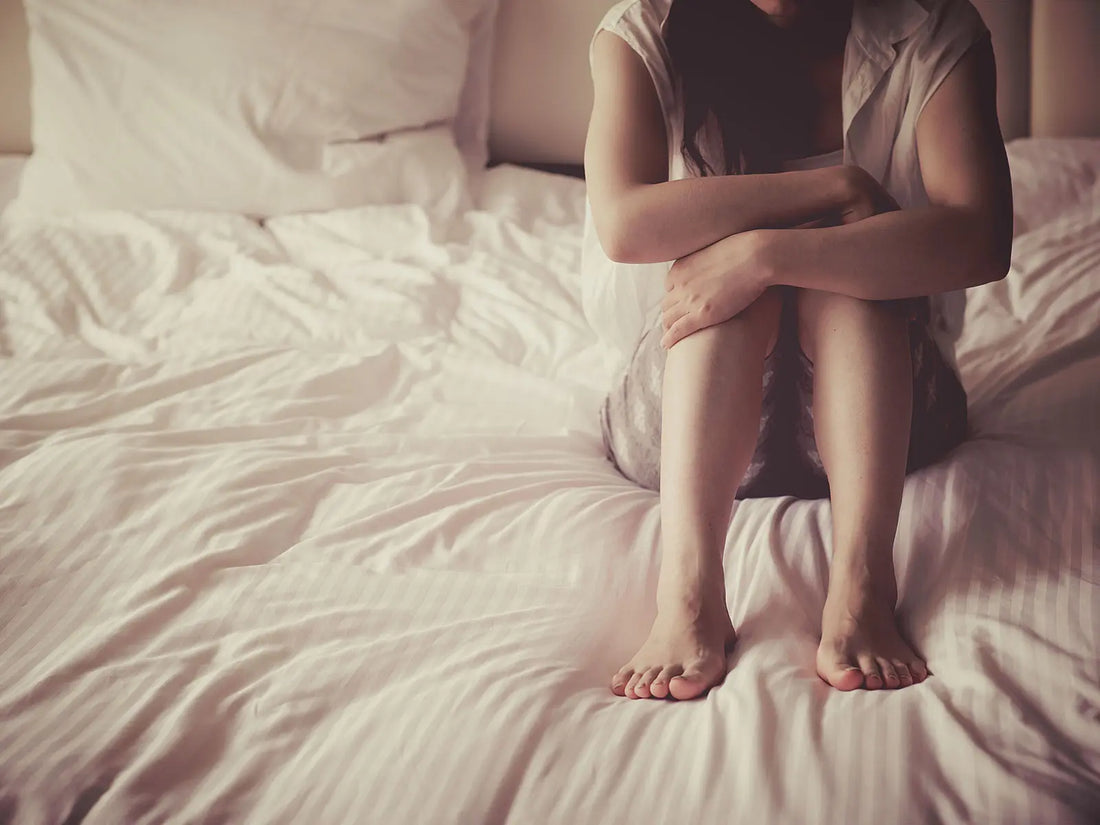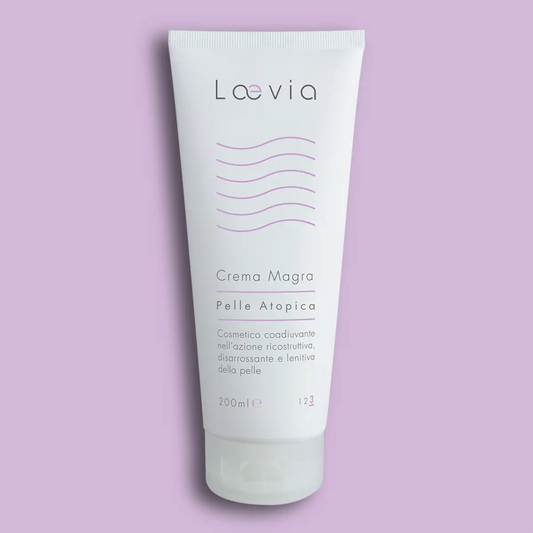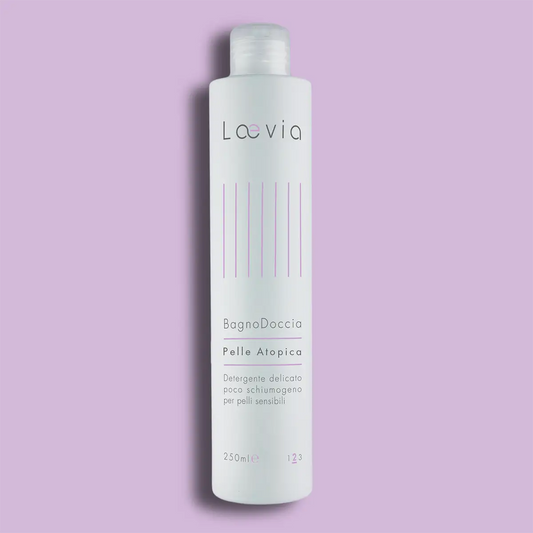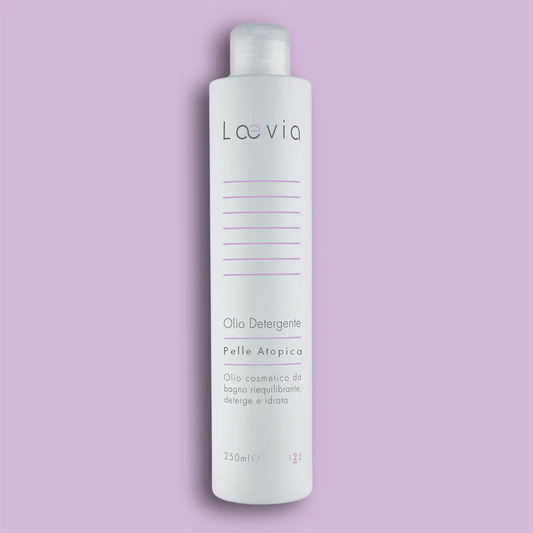Advice to prevent the itching, characteristic of skin affected by atopic dermatitis, from causing restless nights.
Spending a sleepless night due to a too heavy dinner, a worry or even an anger can still be accepted, but for the itching, no! Yet difficulty falling asleep and a quality of night's sleep that is not always adequate can be possible side effects of atopic dermatitis.
I'm so sleepy
The comment is generalized, that is, it belongs to adults and children alike, who scratch constantly: it is a fact that atopic dermatitis can affect the quality of sleep. Several scientific studies attest that, although itching is a constant feature of the disease, especially in the acute phase, the urge to scratch increases at particular times of the day. And among these are waking up in the morning and falling asleep in the evening.
And what a struggle during the day!
This opinion is also shared by anyone suffering from atopic dermatitis, regardless of age. It is easy to imagine how poor or disturbed night sleep can have repercussions on a person's well-being, impacting on various aspects. In fact, they can increase nervousness and irritability; drops in performance and quality of daily performance are possible, at work in adults and at school in children; tiredness and fatigue may persist even during daylight hours.
Disturbed sleep: a problem especially for the little ones
If the problem of itching and its nocturnal implications, such as frequent awakenings due to the urge to scratch, can be partly managed by adults, who have greater levels of tolerance to stress and fatigue, for children the lack of rest becomes psychologically and physically heavy.
Scientific evidence shows that poor rest causes irritability, nervousness, restlessness, tiredness and a decrease in attention, concentration, efficiency and participation in daily life in 10-15% of children. Also affecting the harmony of family life, because the bad moods of the little ones also have repercussions on mum and dad.

In the evening, go ahead for hydration
To reduce redness and itching, especially in the evening, it is a good idea to pay more attention to skin care. Therefore for adults and children, after a bath or shower, during which the use of oily liquid detergents and warm water to which specific bath salts are added in precise doses are recommended, the application of a generous layer of cream with a soothing, hydrating and emollient effect to give the skin all the water nourishment it needs and restore some balance to the skin stressed by constant scratching.
Bathing, especially in small children, should not be carried out more than 2-3 times a week to prevent the skin from drying out excessively (unless specific bath salts are used which hydrate the skin rather than dry it), while the Daily and especially evening hydration should never be neglected: this treatment promotes better control of the disease and allows everyone to sleep more peacefully, thanks to a reduction in discomfort and symptoms related to itching. Where indicated by the specialist, it is also possible to use medicated ointments to soothe the itching.
Avoid irritants
Preventing the skin from coming into contact with all the multiple irritants is not always possible. However, you can be careful to avoid the well-known ones, especially in the evening, for example:
- Foods that are not very pleasant for the skin - such as eggs, milk, fish, dried fruit - to which children in particular are very sensitive
- Irritating pajamas, i.e. made of synthetic and tight-fitting fibers (which, by tightening, do not make you sleep well and comfortably)
- Too high temperatures in the room, too humid or, on the contrary, too dry
But above all, it is necessary to avoid leaving in the children's room, and in general in the bedroom, any furnishings or toys that could attract dust or that are a receptacle for mites, such as curtains, padding, carpets, furnishing cushions but also hair. real animals and soft toys (if the little ones cannot do without their favorite soft toy, the latter should be periodically "treated" in order to eliminate the mites: the treatment consists of placing the soft toy in the freezer for 24 hours and then washing it with detergent delicate. This practice should be repeated every 6/8 weeks).
It is better to let children play with constructions: they will gain in both physical and mental health, because it serves as a stimulus to greater creativity and a more peaceful and restful sleep.





